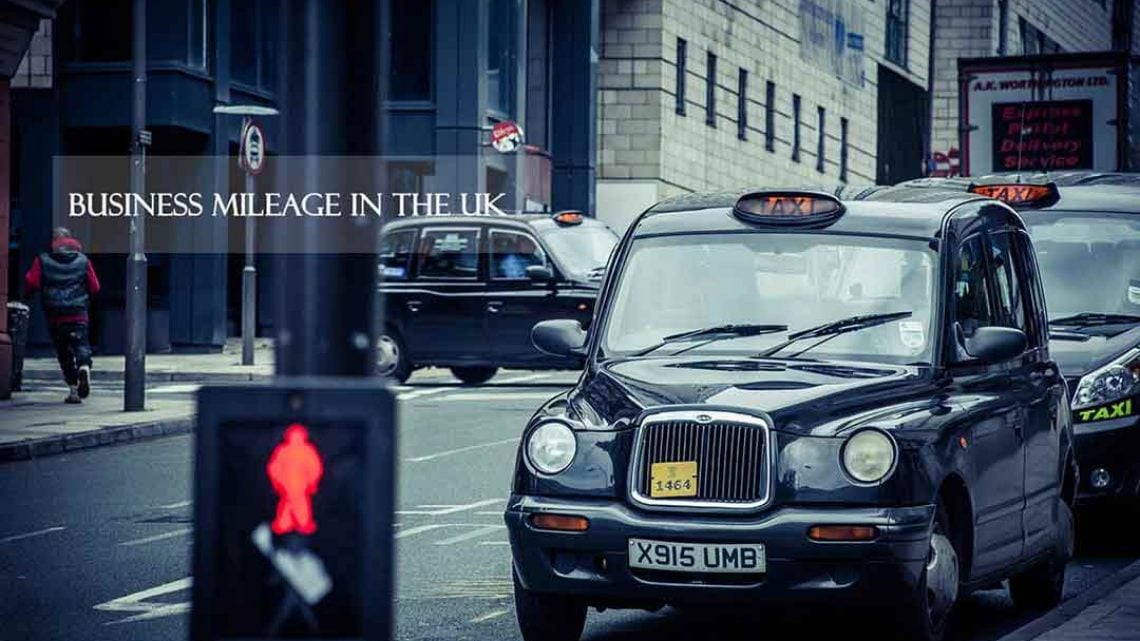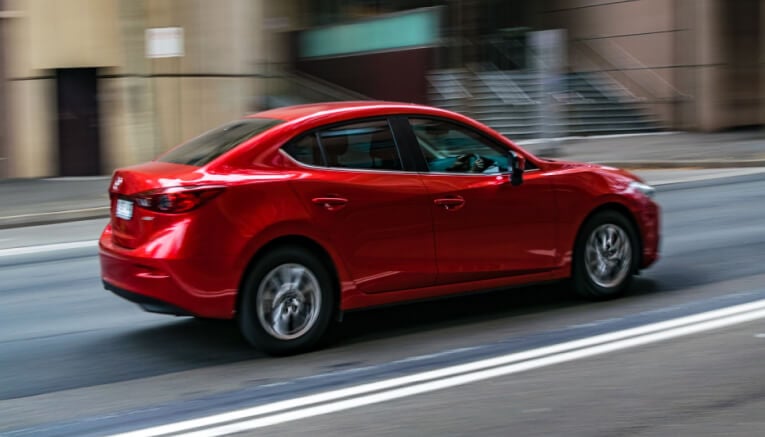Welcome to our UK blog series! The next few blogs will be focused on our UK audience.
We will start this series off with a blog going through some important considerations and the regulatory environment for company mileage tracking. The author of these blogs is Sash Dublish, an accountant & TripLog consultant based in the UK.
Watch out for the next few blogs from our guest contributor in the coming weeks. Let’s dive right in!
Business Mileage in the UK: Business mileage Methods & Rates
Employees can claim expenses including mileage without any tax implications that are wholly and exclusively for business. Travel from home to a permanent workplace is not an allowable expense for tax purposes. However, travel from home to a temporary workplace is an allowable expense.
What is a temporary workplace?
‘A workplace is a temporary workplace if an employee goes there only to perform a task of limited duration or for a temporary purpose”.
What is a permanent workplace?
A permanent workplace is where that person attends “regularly” for the performance of the duties of the employment. Claiming expense for travel to visit suppliers, clients or customers from both a temporary or permanent workplace is allowable. Travel from home to Suppliers, Customers or Clients may be allowable in some circumstances
There are some caveats where employees visit a workplace for more than 24 months and HMRC will consider this as a permanent workplace and therefore unable to claim the expense without any tax implications. In addition, where a salesperson covers a particular area, the whole area may be deemed to be the permanent place of work and cannot claim from home to the area but possibly claim travel within the defined area.
Limited Company
An employee including directors of a Limited Company using their own car can claim mileage based on Approve Mileage Allowance Payments (AMAP) issued by the government (see table below). The mileage limits run from 6th April to 5th April each year.
| Transport | First 10000 miles (p) | Over 10000 miles (p) |
| Car or Van | 0.45 | 0.25 |
| Motorbikes | 0.24 | 0.24 |
| Cycles | 0.20 | 0.20 |
The above mileage rates consider the following:
- Fuel
- Repairs
- Insurance
- Vehicle Excise Duty
- MOT
- Depreciation
The Mileage Rates have been constant since 2011/12 despite petrol/diesel prices increases.
Sole Traders
As a sole trader, if you use a car or a van even if partly for business, you can claim deductions on those business miles traveled. You can do it in two ways 1. The Mileage Method and 2. Full Cost Method. In addition, Sole Traders have a choice of claiming for the costs of fuel.
- Mileage Method This is the same as for Limited Company stated above. Using the AMAP rates mentioned earlier, Sole Traders can claim tax deductions.
- Full Cost Method Alternatively, sole traders can claim the cost of running any car for business use by tracking the total cost.
Some costs that can be claimed back are as follows:
- Capital Allowances (cost of the vehicle)
- Insurance
- Vehicle Excise Duty
- Repairs
- MOT
Deduct private use based on private mileage % as a proportion of total miles. When starting as a sole trader it is important to choose the most profitable method from the outset. The only possibility of changing methods is if the vehicle is replaced.
The number of miles and vehicle cost will have a bearing on the decision on the method to use and some number crunching is required to work out the most tax efficient method. While the full cost method may be more lucrative now, a long-term approach should be taken if the number of miles traveled is significant each year.
Company Car
If the Car is deemed under the company, then only reimbursement allowable is for the actual fuel element which is dependent on engine size and fuel type. The Advisory rates below are used to make the claim.
| Engine size | Petrol – amount per mile | LPG – amount per mile |
| 1400cc or less | 12 pence | 8 pence |
| 1401cc to 2000cc | 15 pence | 10 pence |
| Over 2000cc | 22 pence | 15 pence |
These rates are updated quarterly and do fluctuate. A Company car is taxed as a benefit in kind (tax form P11d) both on the use of the car and private consumption of fuel. Employees can be given a fuel card instead than claiming the advisory fuel rates but should reimburse the employer for any personal miles taken to prevent a fuel benefit charge.
Please note the Advisory Fuel Rates only apply to Cars, not Vans. Rates used are from December 2018 and for illustration only. Please visit the website below for the latest advisory fuel rates https://www.gov.uk/government/publications/advisory-fuel-rates.
Conclusion
So, there you have it. Hope this blog demystifies some of the tax claim processes for business vehicles.
In our next blog, we are going to focus on the issues that individuals, businesses, and their accountants are facing when it’s time to track the miles and have their records ready for making claims. In addition, watch out for part 2 of the series where we’ll take a deeper dive where the focus shifts from issues to critical solutions.
The best way to track your mileage for tax deductions is with a modern mileage tracker app like TripLog. Whether you’re self-employed or need a company mileage tracker to handle your mileage reimbursements, there’s no better tool than TripLog.
Get started today by looking at our pricing, or schedule a complimentary demo request today. Thanks for reading!









